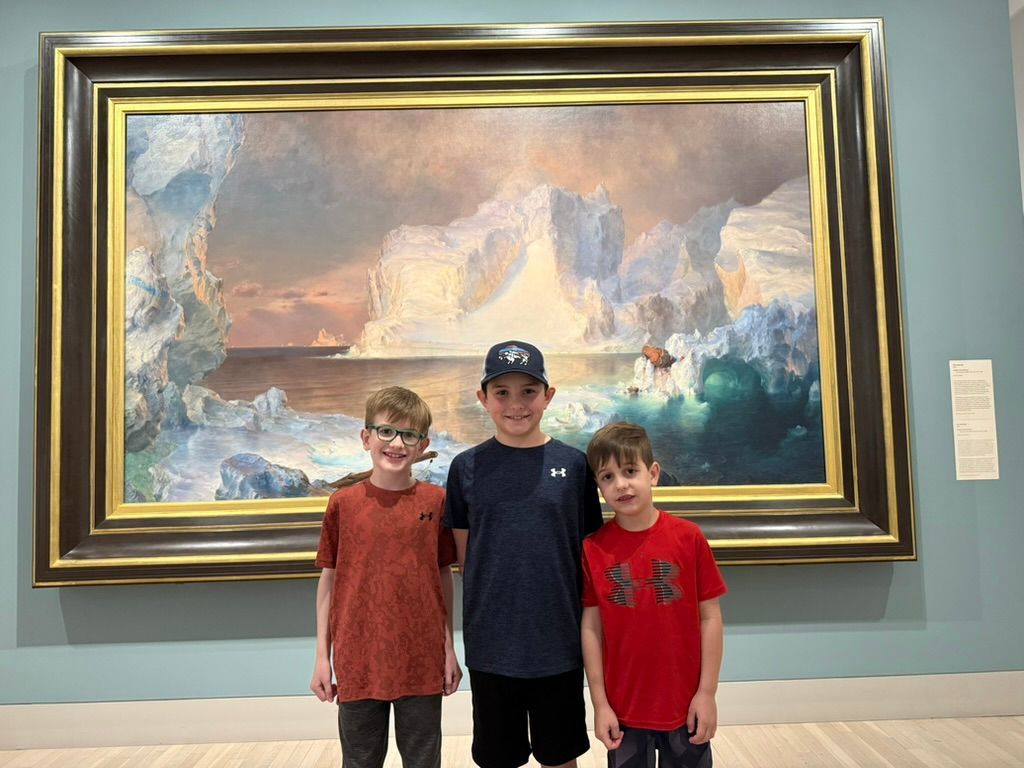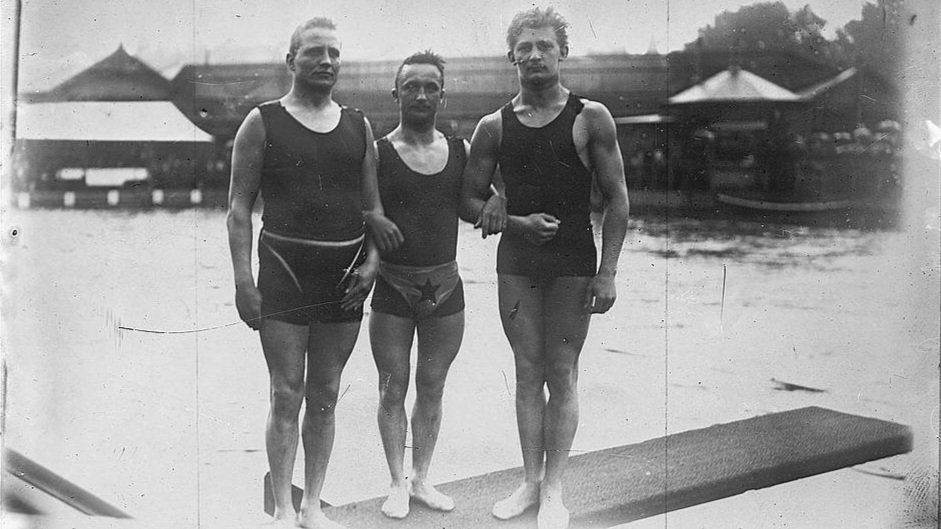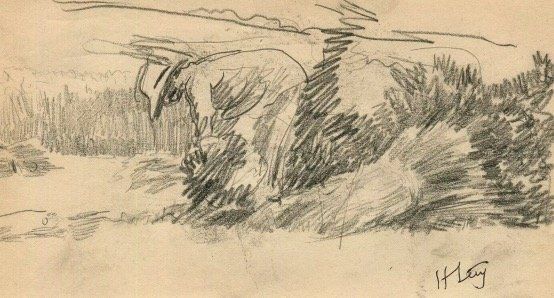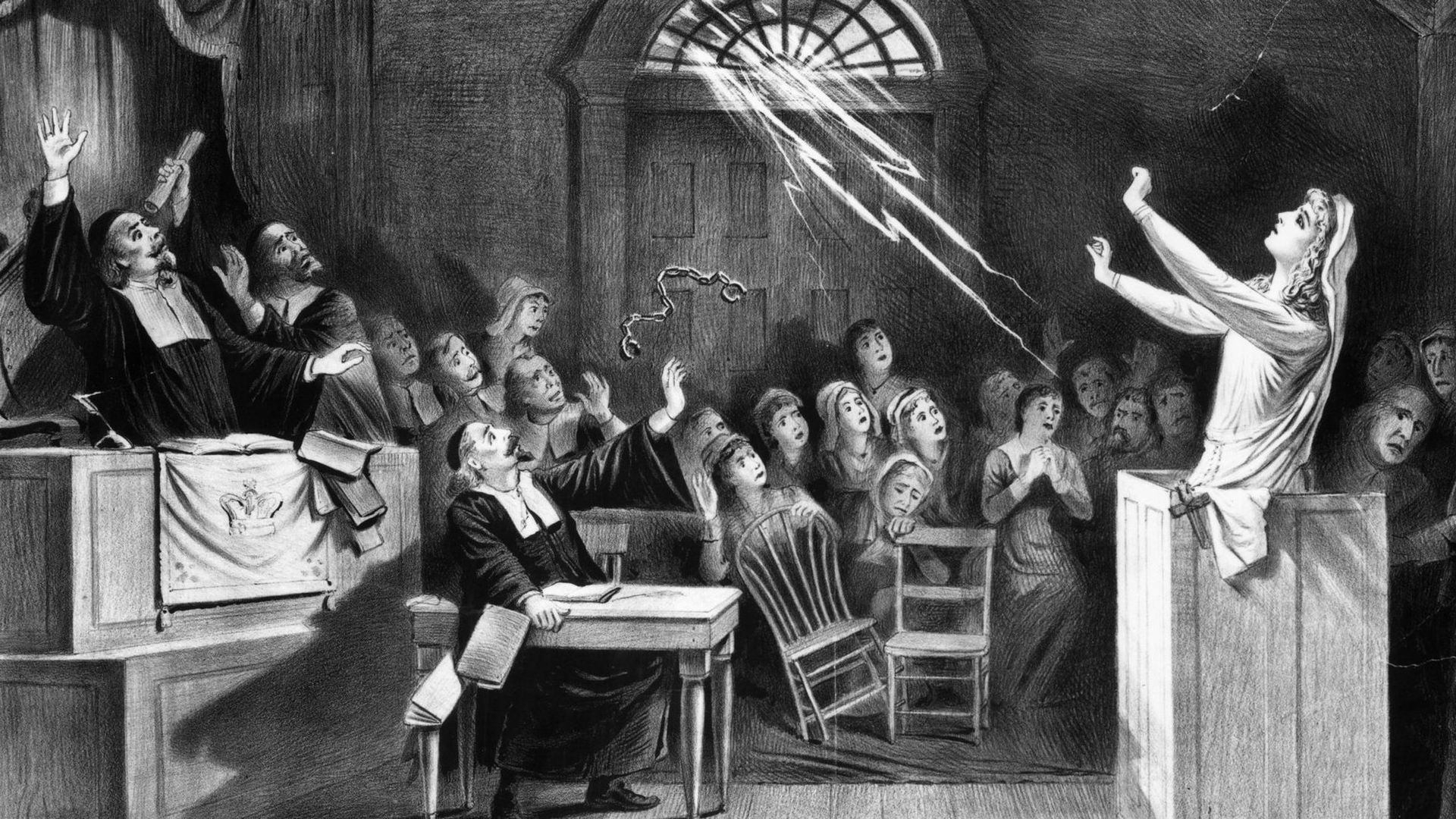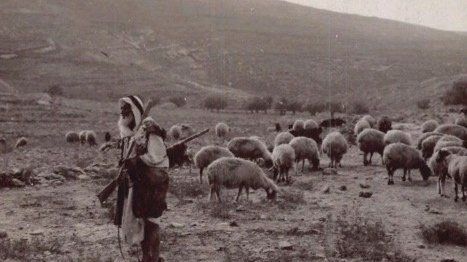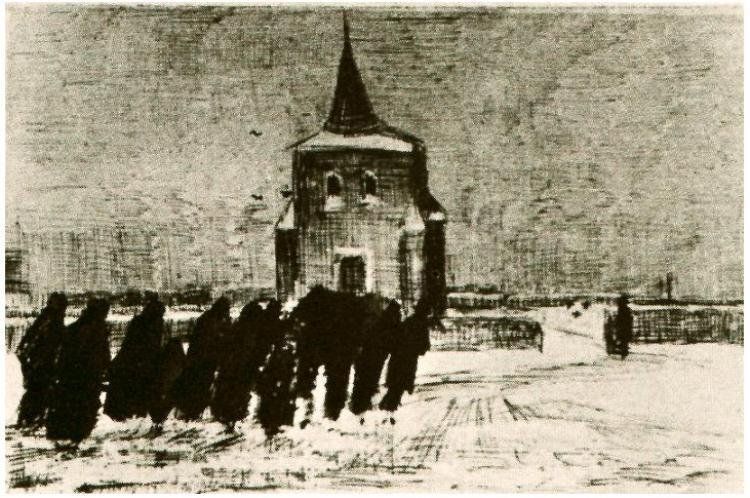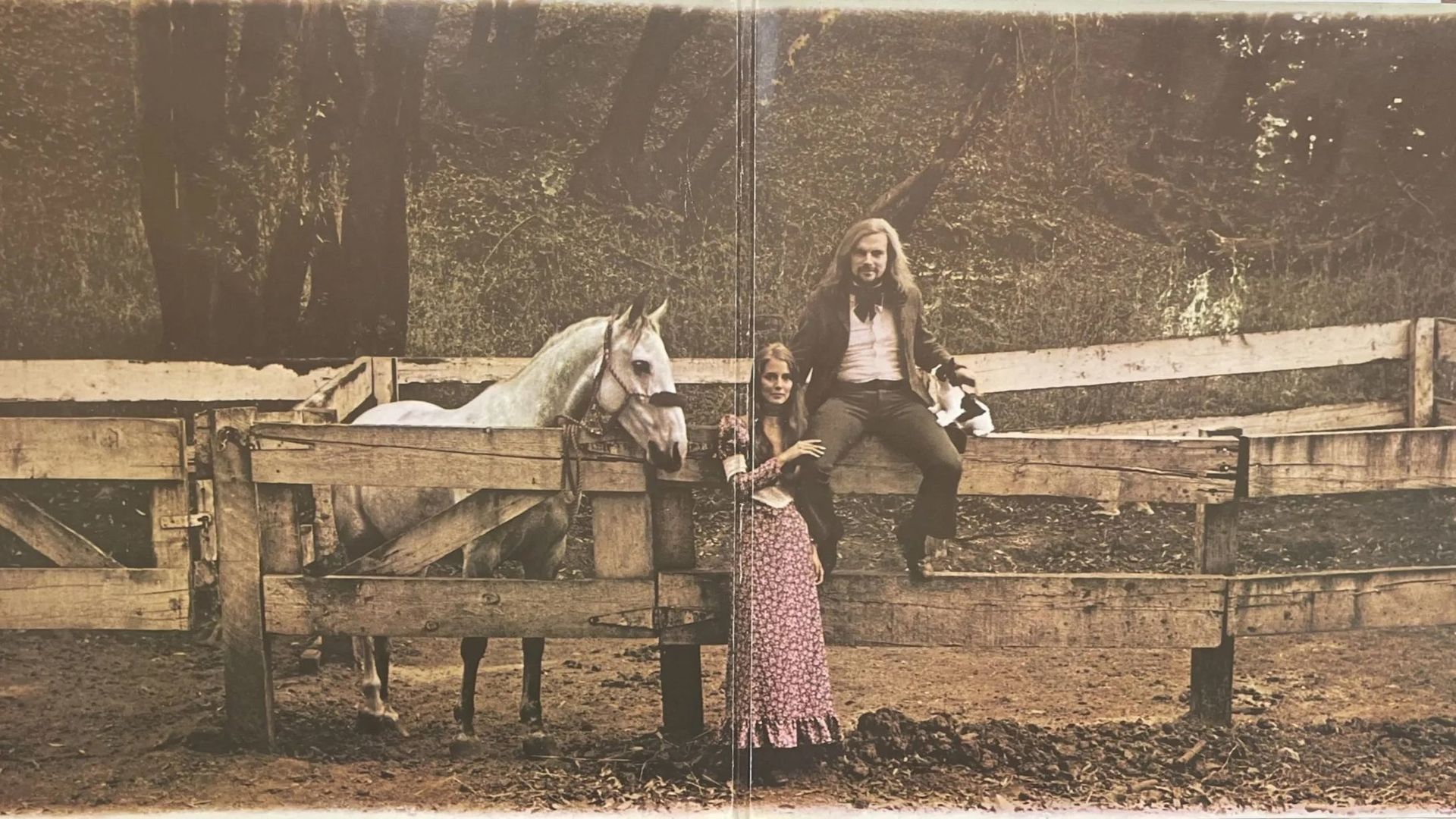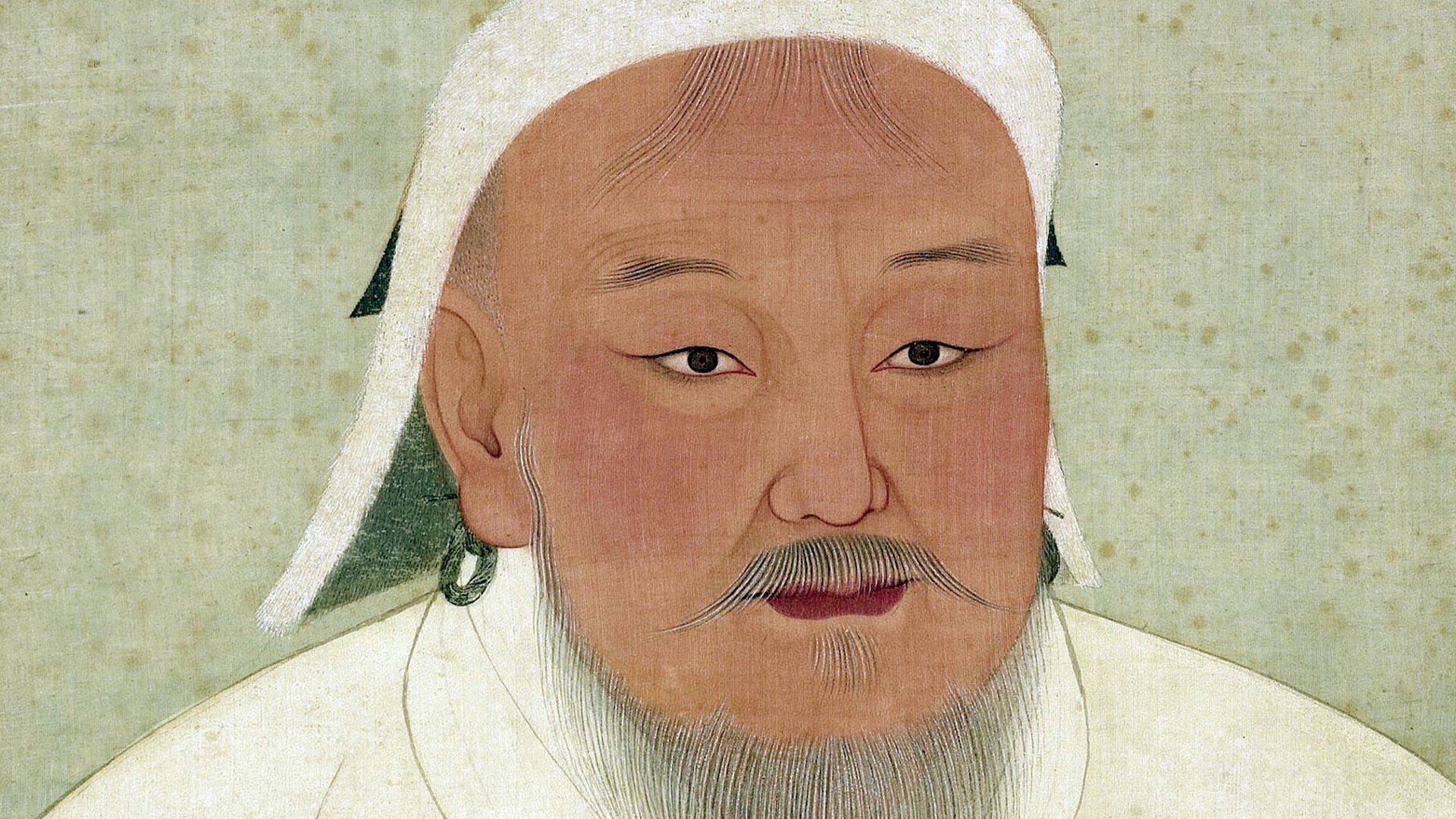Servant Leaders
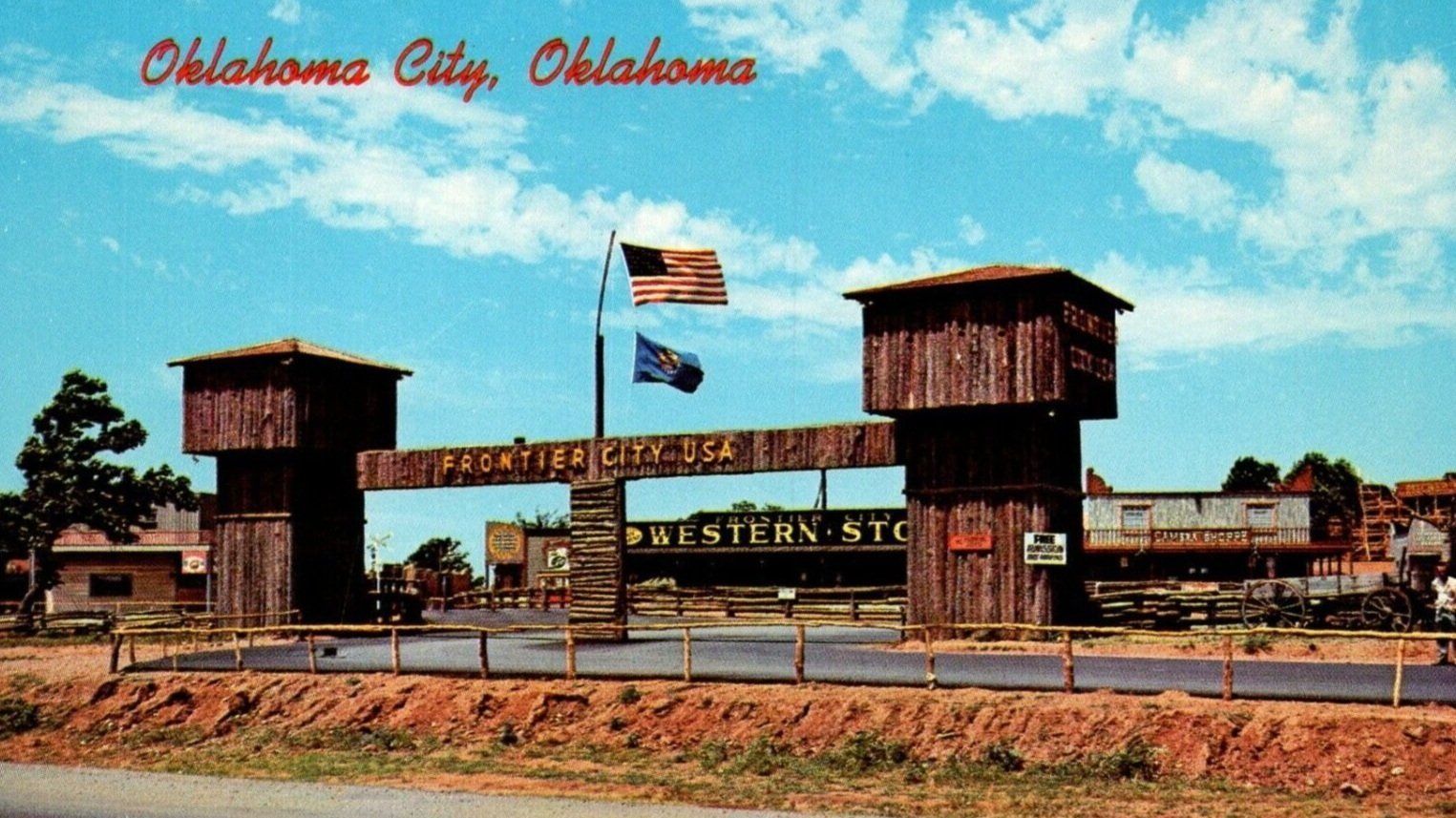
You can tell a lot about people by their willingness to pick up trash.
In 1996, I lived at home and was finishing up my junior year at Indiana University in Indianapolis. My parents sat me down and told me they were moving to Africa—literally, Africa—to do mission work. They told me I could stay in Indiana or move anywhere except where they were going. I'm a rare case of a kid whose parents moved away from him.
That led me to move to Oklahoma City to be closer to my sister's family. I decided to finish my schooling at the University of Central Oklahoma, the Harvard of the Plains.
It was only a short time before I secured an internship with The Gooden Group, the best public relations firm in the state. I didn't know it then, but the people I met and the experiences there would be foundational in my life.
One of our clients was Frontier City, a theme park built in the late 1950s along Route 66, now I-35. It started as a Western-themed tourist trap. Frontier City was owned by Premier Parks, which shortly after that purchased the Six Flags Theme Park chain from Warner Bros.
As an account executive at The Gooden Group, I was a park publicist. That meant I helped publicize concerts for high-profile artists a little past their sell-by date, like Three Dog Night and the immortal Chuck Berry. Still, with my help, they were able to attract hundreds of fans.
Once, we had an actor from the park's annual haunted house, Fright Fest, live on air during the 10 p.m. news. He forgot his line and said a PG-13 word. I was sure my career was over right then and there. It was high-browed work.
This is how I met Pete Fingerhut, the sales and marketing vice president at Frontier City. I worked directly for him. I was young and full of myself, but I had good reason. For example, I had a cell phone before most of my friends and family. I wore it on a belt clip, partially because of its size but mostly so people would know I had a cell phone.
I remember walking through the park with Pete and other managers with a self-important strut. I didn't know how to say it, but I was kind of a big deal. You should never confuse proximity to power with having power.
There, I learned a lesson that has stuck with me. As I walked through the park, Pete, one of the guys in charge, would repeatedly interrupt our conversation to stop and pick up trash—every single piece. It was more important than what I was saying, where we were going, or his title. Honestly, it was annoying.
I finally asked him what he was doing. There were clean-up crews whose job it was to pick up the trash. He smiled and told me that picking up trash was everyone's job. After all, people pay a lot of money to visit the park and deserve a great experience. The lesson I learned that day was one I've always remembered, servant leaders do whatever is necessary, regardless of their station or title.
Over the years, I've worked with and for many people who aspired to be bosses, but only a few would metaphorically stop to pick up the trash. They were the ones who made a lasting impact on their organizations and me. You have to go low if you want to go high.
You can tell a lot about people by their willingness to pick up trash.
